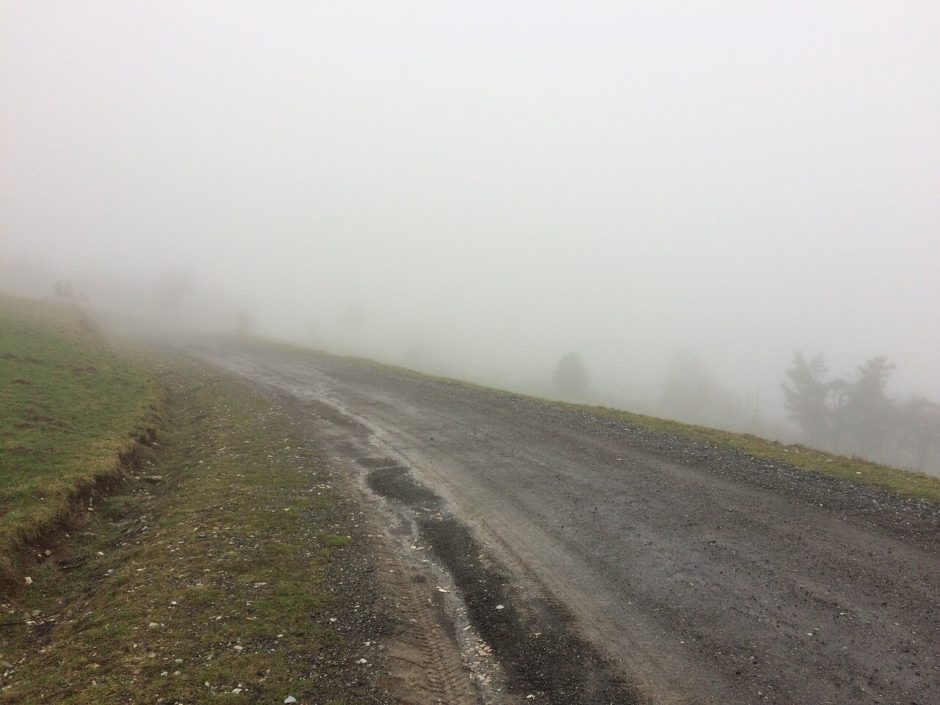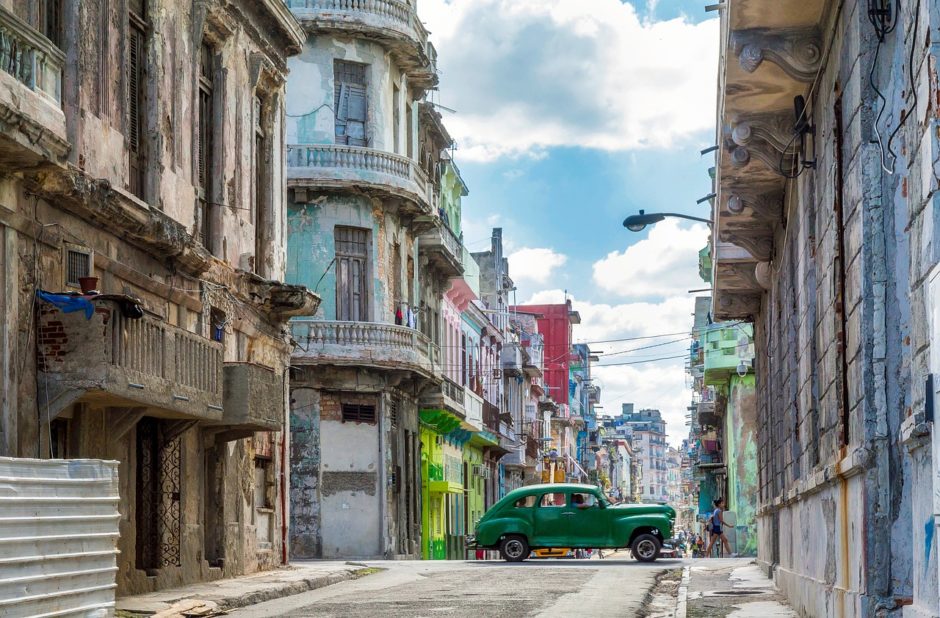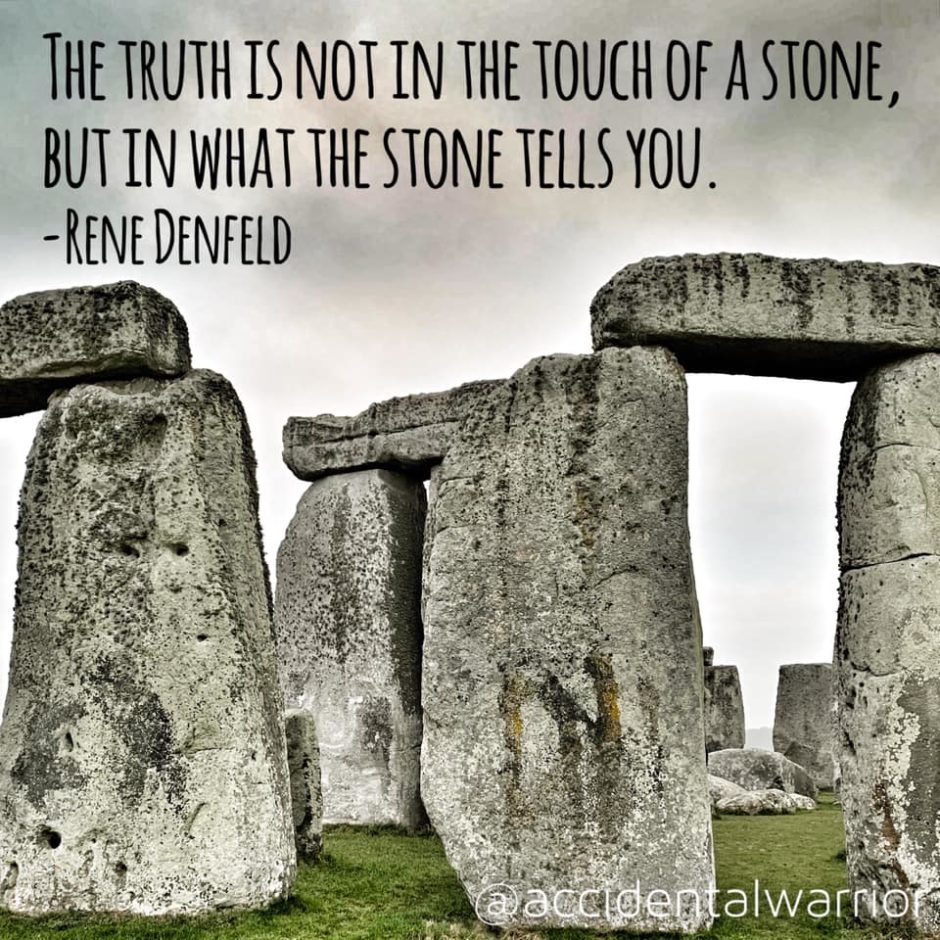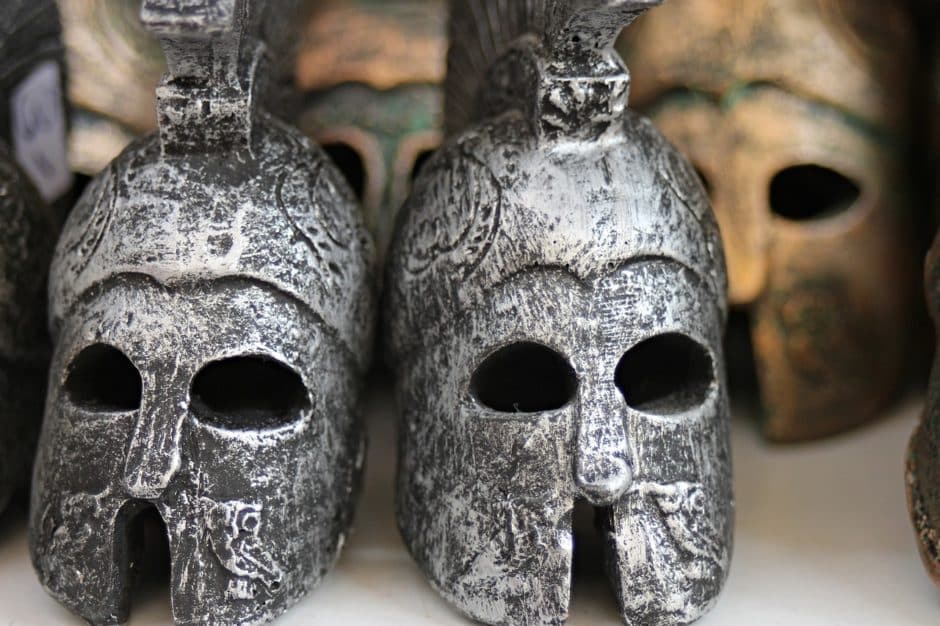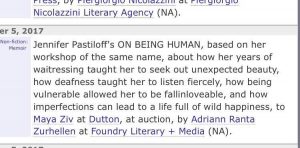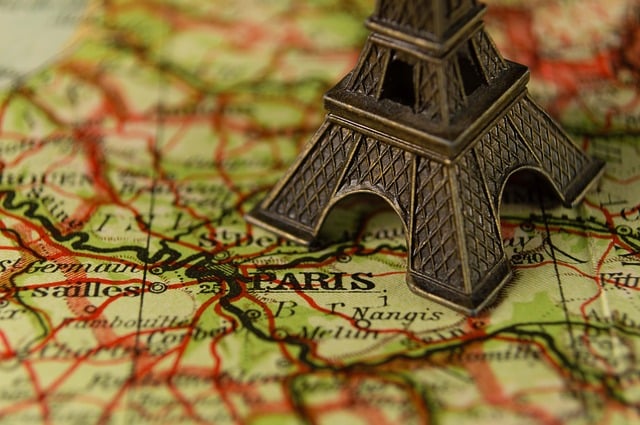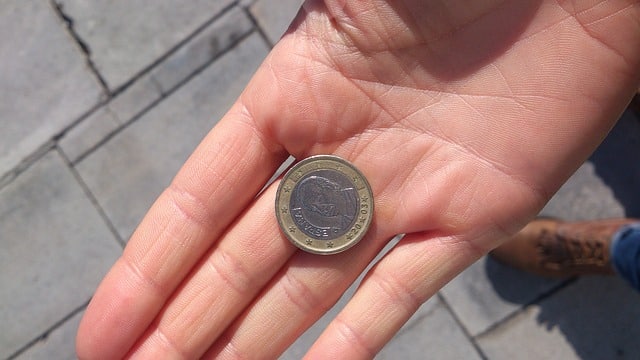By Darcy Lohmiller
Direct your focus to the little butterflies on my ceiling whispered the soothing voice in my head. But there were no butterflies in the steel contraption about to launch 30,000 feet into the air. After fifteen years of flying with prescribed sedatives, I was attempting a flight to South Africa with a backpack filled with aromatherapy scents, inspirational music, and ten recorded sessions of hypnotism. Buried at the bottom was the emergency stash of Xanax I hoped I wouldn’t need to use.
I increased my phone’s volume and tried to focus on the therapist’s voice instead of the plane’s engines and my pounding heart. You will have faith in the pilots and all of the training they’ve gone through… Keep in mind what you consciously already know, that this is one of the safest ways to travel……While we rumbled down the runway, I switched to the soundtrack from Apollo 13. My brain, like a toddler distracted by a bright rattle, took an interest in the soaring strings and the heroic brass anthem. It remembered a rocket with Tom Hanks at the controls, launching to the moon. I shook the rattle at my brain as we lifted off the runway.
I didn’t always fear flying. My first flight was as a ten-year-old when my brain trusted adults and the safety they promised me. A stewardess in a crisp blue uniform brought me a Pepsi with ice before the flight. I was so transfixed by the blurring tarmac outside my window the drink tumbled into my lap on takeoff. I watched the puffy clouds and the sweeping quilt of wheat fields below, lulled by the engine’s steady hum and the stewardesses’ firm, businesslike steps up and down the cabin. It became as familiar as the back seat of the station wagon with my father at the wheel and my mother’s intake of breath at each curve in the road. My mother was an unbearable backseat driver. She stared straight ahead at the road, clutched the armrest and applied her invisible brakes, always ready to alert my father to the dangers she was sure he couldn’t see. Her world view was if one was always ready for disaster, it would be easier to bear when it arrived.
I flew sporadically and uneventfully for twenty years. I’m not sure when I lost faith in technology and the men who handled it, when I stopped trusting the calm voice of the flight attendant assuring us the seat cushion could be used as a flotation device. In the 70s, plane disaster headlines were accompanied by photos of suitcases strewn across blackened fields. My brain stored these details and filled in the rest: oxygen masks dropping from a disintegrating plane, passengers screaming and clutching each other as they plummeted to the ground. How many minutes did they anticipate their own death? My brain shuddered.
I was newly married when I traveled with my husband Dan and his family from Bozeman, Montana to Denver. The first rustlings of nervousness caught me when I entered the cabin. The plane seemed smaller than I remembered, more fragile. My footsteps sounded hollow on the thin floor and the plane wobbled when passengers stuffed their bags into the overhead storage and plumped into their seats. Cracks in the upholstery, peeling paint on the armrest. I looked out the window and watched the crew loading luggage into the hold. A bored mechanic tightened a rusty bolt on a dented wing. If the plane crashed, would he feel any responsibility? Or were there so many cogs in the machine it would be impossible to find the loose screw and the person who had failed to tighten it?
As the plane gained speed, my heart beat faster in time to the spinning wheels. I was trapped. I clutched the armrest and willed the plane to rise, but the moment it left the ground it seemed to lose all confidence. The clouds fought the plane, hitting it on the side, the top, the bottom. The pilot’s voice assured us of a smooth ride, but the turbulence seemed to surprise even him. “Looks like we hit a rough patch, folks,” his jaunty voice said. Even the pilot didn’t know this would happen, my brain argued. They had no control, it insisted. We were all helpless against forces stronger than us, forces with no regard for us. I clutched Dan’s arm with each bump and jolt and he was puzzled at my anxiety. In his mind, flying carried a low risk. Until something happened, you may as well enjoy the scenery. His fearlessness made me worry more. I had inherited my mother’s brain with its fear of life’s unexpected bumps, and like hers it believed it must always be ready to take the jolt. So while Dan gazed out the window, I braced myself for the next one.
Our flight back home was on a thirty-seater and I trudged to the gate as though I were on death row. We had to walk directly onto a tarmac that radiated heat like an open oven. As I followed everyone up the steep metal stairs, I recalled a Twilight Zone episode where a passenger is greeted by a stern-faced stewardess. “Room for one more,” she says. The passenger ran away before the plane exploded. I walked down the narrow cabin to the last seat in the back of the plane and fumbled with my seat belt. My heart had been beating wildly and now my hands were sweating as well. I tried to calm myself but my body refused to listen. My arms grew cold as blood flowed to my legs, telling them to move, to escape the danger. But my brain knew there was no escape. I struggled to breathe.
The flight attendant asked, “Is she okay?” Dan nodded. The plane skittered down the runway and jumped into the air while Dan stroked my hand as though my fear was a spot he could rub out. The flight attendant brought me a glass of white wine, and I downed it while she took her seat behind the pilots, two sturdy men in crisp blue uniform calmly adjusting the controls. I focused on their closely trimmed hair beneath gold-trimmed military caps. Like my mother in the car, perhaps I could alert them to danger with a tap on the shoulder and a firm word. As we descended through the mountains, the little plane took the gust of mountainous air like a boxer took body punches. It shuddered, but righted itself, feinted to the side, then faced its opponent again. For an hour, I sat rigid against the punches that rained on me until we bounced onto the runway and braked at the gate. I could barely walk off the plane.
For the next five years, I found an excuse to avoid any flight until a friend I wouldn’t visit urged me to see a doctor. “You know, they have drugs for that.”
My doctor wrote a prescription for Xanax. When the pharmacist handed me the little white bag, stapled at the top, she smiled. “You’ll like this.” No one thought less of me for using a drug to conquer fear.
And it worked. It told the small amygdala in my brain to shut up but left my cortex free to manage terminals, gate changes, and subway systems. My amygdala, I learned, had been working overtime, coordinating responses to dangers that did not exist. My cortex tried to object, but it wasn’t fast enough. Xanax put the brakes on the busy amygdala so the cortex could catch up. My brain was quiet throughout the flight, and noted turbulence with only a mild curiosity.
For the next fifteen years, I traveled with a little yellow container tucked inside my bag. Every six hours, I dug it out and snapped it open like a tin of Altoids. The cabin’s noises turned into a soft buzz and I smiled at the flight attendants, talked to the person beside me about things I couldn’t later recall, and arrived at my gate with a calm heart and mind. Thank you for the nice flight, I told the pilot and the flight attendants at the door.
But using Xanax had its tradeoffs. I watched movies, read books, had interesting conversations and remembered little of them. On a flight to the Bahamas, I looked out the window at a sea of turquoise waters and felt nothing. Only a fully functioning brain can experience delight, wonder, and awe. And though the numbing effects of Xanax were largely gone the next day, there was always a lingering dullness as my brain came back to life. I only took it once or twice a year, but worried about its long-term effects. I had hoped flying under the influence of Xanax would eventually allow me to fly without it. But every time I tried to do so, the slightest bump would send me rustling in my bag for the tiny case of pills. Doctors criticized Xanax because it made the brain lazy and demanding. Using Xanax was like giving in to a child’s temper tantrum. Okay, here’s your chemicals. Now calm down.
As our trip to South Africa grew nearer, I worried about taking Xanax for the 22 hours it required to get there. How long would that lingering dullness last? Would I spend most of the trip looking at wild elephants and lions with only mild curiosity? Was it possible to retrain my amygdala instead of shut it off? So I paid for six sessions with a hypnotist who tried to convince my subconscious that flying was safe. My brain wasn’t an easy student. It struggled to create mental images. It refused to respond to suggestions. It never did achieve a trance-like state. But I closed my eyes and listened to her voice assuring my brain it was safe, it was strong. I just hoped it was listening.
During the flight across the country and the Atlantic Ocean and down the entire length of Africa, I was armed with my recordings and an emergency stash of Xanax. Twenty-two hours of flying, twelve hours of two layovers, I arrived in Johannesburg drug-free, clear-headed and exhausted. Without the rosy haze of Xanax, flying was as glamorous as a bus trip. Hundreds of passengers were crammed into narrow rows of tight seats. Lines formed at the bathrooms. The flight crew pushed their carts through tight aisles and silently handed out Styrofoam cartons of food. I didn’t have a panic attack, but I was drained from two days of trying to manage my restless brain in a three foot space. I’d watched six movies, ate seven meals, and slept a total two hours out of the twenty-two. I had been fully cognizant the entire flight.
It wasn’t that great.
On the flight back to the United States, my brain fought me for the first twelve hours. It was tired. It was whiney. I had pushed it too hard. Hypnotism had helped, but it didn’t eliminate over fifty years of hard-wiring. My brain may always panic when it feels trapped, may always struggle to fight the disaster it is sure is on its way. I hoped to train my brain to relax with reassurances of safety and images of butterflies, but instead forced it into a sort of whimpering, fearful submission. Is a constant and simmering state of anxiety better for my brain than one milligram of Xanax?
With twelve more hours left in the flight, I surrendered. I still hope to retrain my brain to become the calm flyer I want it to be, but at this moment I just needed it to shut the hell up. I snapped open my little container and swallowed the pill.
Darcy Lohmiller is a middle school librarian and part-owner of a fly fishing shop in Bozeman, Montana. Her essays about fishing, hunting, dogs and trailers have appeared in The Drake, The Flyfish Journal, Shooting Sportsman Magazine, and The Big Sky Journal. You can read her essays at https://www.clippings.me/dlohmiller
Upcoming events with Jen
****
THE ALEKSANDER SCHOLARSHIP FUND



